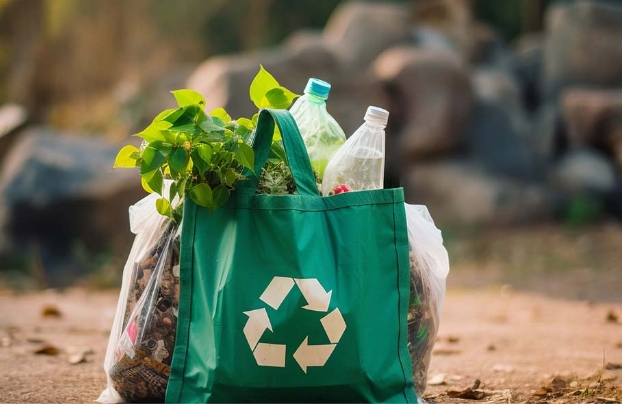Zero Waste

Gardeners
How Can Gardeners Contribute to Zero Waste Management?
Packaging Use
Avoid plastic packaging Purchase your tools without packaging Buy reusable products Opt for reusable nursery containers. Return the seedlings' containers after planting them in your garden. Use reusable jute sacks for transportation purposes Collect the packaging you use separately and send it for recycling.
Application
Preferring organic pesticides used Choosing plants suitable for your region Grow your own seedlings, trade plants instead of buying them Install your drip irrigation system. Save water Grow your own vegetables for consumption in your garden Use compost instead of chemical fertilizers, share excess compost with your neighbors Collect rainwater Use plants suitable for the climate Share infrequently used appliances with neighbors Share your surplus crops and seedlings
Waste
Do not throw away dried leaves, pruned branches, grass and vegetable residues. Collect dried leaves, pruned branches and vegetable residues separately to obtain compost in your garden.
Growing a garden is an excellent way to produce our own food, exercise and spend time in nature. But with water, fertilizers, tools and more, gardens can become a major consumer of resources. With a few smart techniques, you can reduce the amount of inputs your garden requires and make your yard and garden cheaper, healthier and lighter.


